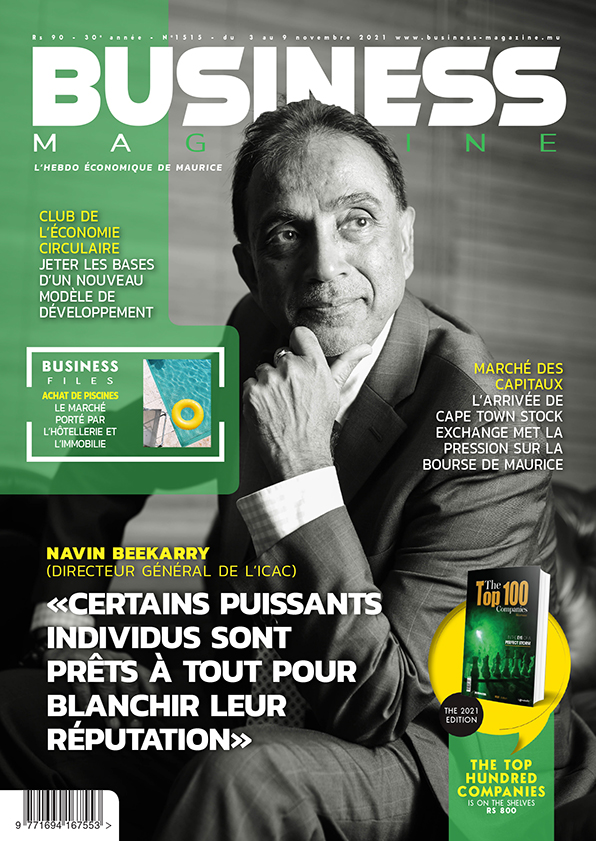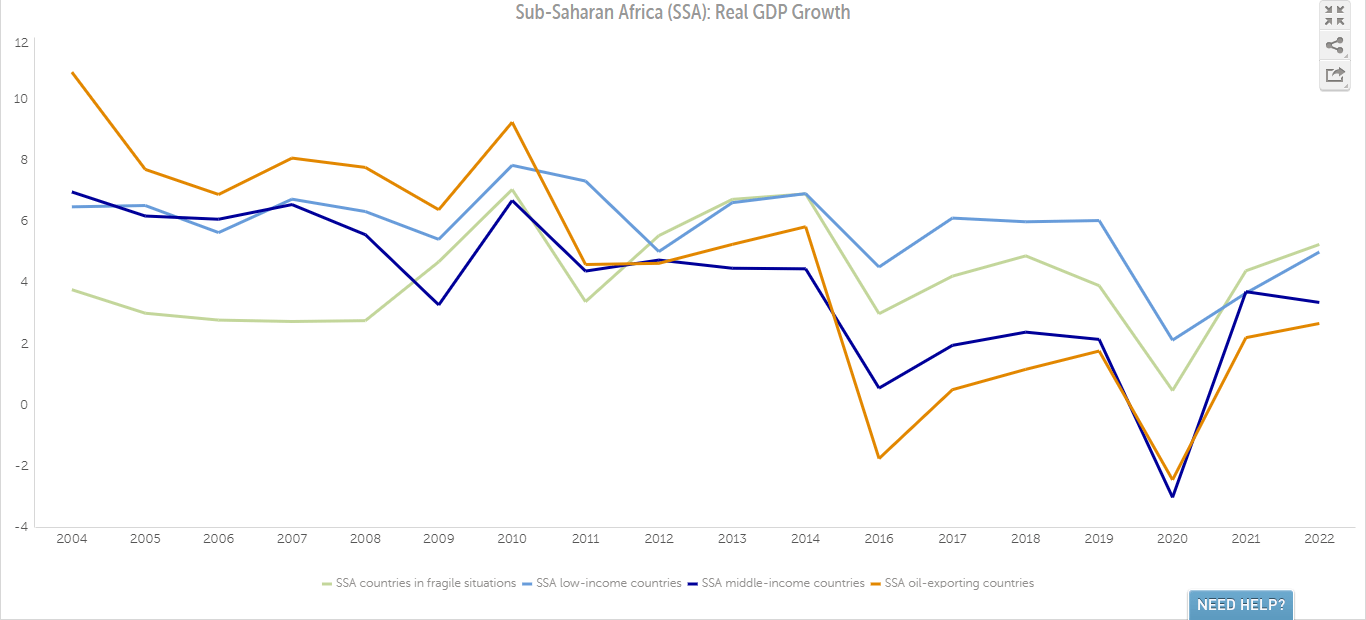How the MRA gets all its information
Share

In terms of our tax acts, the MRA has the power to require a taxpayer to provide information in writing or produce a document that is in their possession or power, if it is reasonably required for the purpose of checking the taxpayer’s tax position. The MRA also has the power available to obtain information and documents from a third party, for the same purpose.
Within this context, the MRA can request any person to furnish information and particulars which it considers necessary or relevant for the administration of tax collections with regard to a taxpayer. The requested party has an obligation to provide the information and particulars so requested within a time fixed by the MRA. If the requested party considers that the request from the MRA is unreasonable, he may lodge written representations to the Assessment Review Committee (ARC). The requested party who fails to submit the information requested, unless the ARC has decided otherwise, shall commit an offence and shall on conviction be liable to a fine. However, the MRA can choose to conduct a tax audit on the premises of the requested party to gather the information it has requested. Any person who obstructs the officers of the MRA in the matter shall commit an offence.
Since the dawn of the desktop computer, remarkable advances in obtaining information have been made by tax officials around the world. The officials of the MRA have not remained inactive on the matter. They have developed procedures to obtain information from various sources to ensure proper tax compliance and overall, to allow them to prevent tax evasion.
By increasing and integrating data from multiple sources, the MRA is increasingly able to gain a complete economic understanding of the taxpayer across all tax types and all areas of economic activity. The MRA is able to detect inaccuracies in declarations as well as to identify those who have attempted to stay outside the tax net. The MRA can check without the knowledge of a taxpayer or obtain regular monthly reports on any the following:
• Purchase of vehicles from licensed dealers and details of ownership of vehicles from the National Transport Authority;
• Acquisition and sale of properties from the office of the Registrar General;
• Details of building permits issued by the municipalities;
• Arrival and departure dates of passengers from the Passport Office;
• Imports and exports from its Customs department;
• Contracts and tenders of supplies from the person receiving the supplies; and
• Interest paid or received by a bank to any person.
Sometimes, the MRA uses information obtained from the press or from whistle blowers to conduct enquiries on the information so gathered. Very often, information is provided to the MRA by tenants on their landlords, by an entity on its competitors, or by an aggrieved taxpayer feeling that he has not obtained a satisfactory outcome of his tax affairs. Sometimes the information comes from hearsay or anonymous letters and I feel that the MRA should not, in these two cases, pay much heed to them.
It must not be forgotten that the MRA is automatically informed through the income tax act of the following sources of income: 1) wages and salaries, and 2) income subject to tax deduction at source (TDS) which includes rent, payments to contractors and payments made by Government and Statutory bodies for the procurement of goods and services.
On the VAT side, the MRA usually requests for information from suppliers of goods and services on a particular vendor to verify VAT returns. The MRA also uses information obtained from a vendor where an enquiry or audit is being conducted to verify the corresponding information gathered with the corresponding vendor. Supply by a vendor is an input for the purchaser. VAT information is also gathered at the Customs department of the MRA.
On cross border tax information, more and more treaties, whether they be Tax Information Exchange Agreements (TIEAs) or full Double Taxation Agreements (DTA), are being entered into by the MRA. These agreements provide for the exchange of information relating to taxpayers and allow the undertaking of joint enquiries into the affairs of a multi-national company.
It is becoming increasingly visible that tax authorities are also obtaining information from sources to
• Obtain passenger information from airlines so that they can look for people making regular trips abroad to check residency status of individuals;
• Capture details of inward and outward financial transactions to look for unusual trends and patterns; and
• Check up the voters’ lists to know who lived where and when.
Some countries like Luxembourg and Switzerland, where bank secrecy on accounts of clients were consistently maintained, are now lenient to tax authorities including foreign tax authorities. The MRA and the Bank of Mauritius has a memorandum of understanding in place to combat fiscal evasion, money laundering and terrorist financing.
There is an old saying that ‘information is power’ and now, to tax officials around the world: ‘information is money’.

















